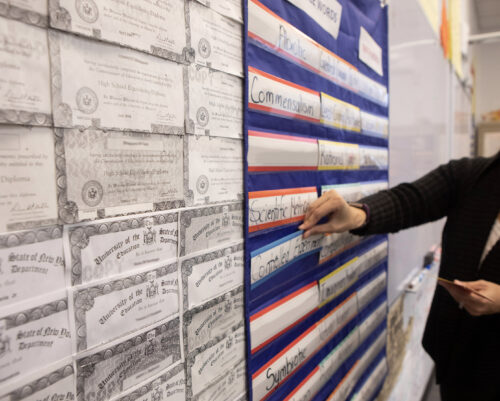Punishment Isn’t Safety: A Public Defender’s Vision for Justice


Schools have long struggled with the most effective ways to address student behavior and violence, with many turning to so-called zero-tolerance approaches to discipline and safety. However, previous research has found the overuse of suspensions and expulsions is connected to arrest and other negative outcomes for young people—what some advocates call the “school-to-prison pipeline.”
Prior to our report, this connection had not been definitively established in New York City, the nation’s largest school district. Our study of more than 800 New York City public middle and high schools, found that students suspended from school were more likely to incur consequences such as poor academic performance, dropout, and arrest. Suspensions were also disparately applied, influenced by factors such as race, disability, and economic status.
We also documented strategies that successful schools have adopted—such as restorative justice—that promote a positive school climate and reduce the use of suspension. Our findings suggest that those schools with the best overall climates—as rated by students, teachers, and parents—tend to be those that use suspension most sparingly.
Related reading: Fostering Community, Sharing Power: Lessons for Building Restorative Justice School Cultures, a peer-reviewed report in Education Policy Analysis Archives.